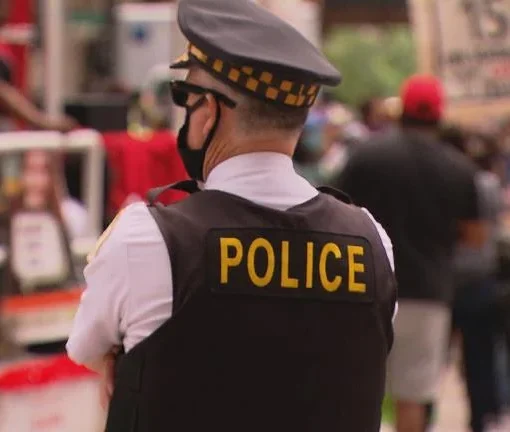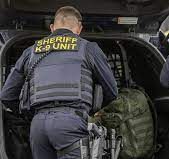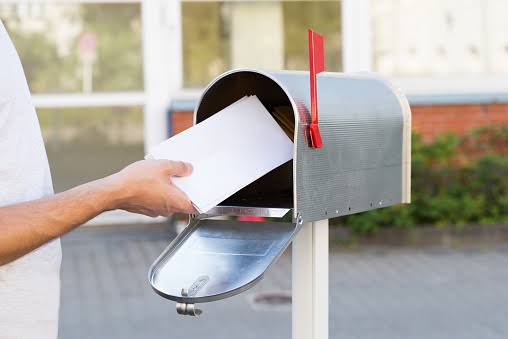A probation officer plays a crucial role in the criminal justice system. They are responsible for supervising individuals (probationers) who have been convicted of a crime and are serving probation instead of jail time. The probation officer’s duties include monitoring the probationer’s activities, ensuring they comply with the terms of their probation, and providing support and guidance to help them reintegrate into society2.
General Rule: Can a Probation Officer Arrest You?
The ability of a probation officer to arrest a probationer largely depends on the jurisdiction they work in1.
In some states, probation officers have the authority to arrest probationers. This usually happens if the probationer is suspected of violating the terms of their probation. For instance, if a probation officer has reasonable suspicion that a probationer has committed a new crime or has otherwise violated the conditions of their probation, they may have the authority to arrest the probationer12.
However, in other states, probation officers do not have the power to make arrests. In such cases, if a probation officer suspects a probation violation, they may call the local law enforcement agency to make the arrest1. Alternatively, they may submit a violation of probation warrant, which could lead to the probationer’s arrest1.
It’s also worth noting that a probation officer’s power to arrest may be limited to certain situations. For example, they may only be able to arrest a probationer during a scheduled probation meeting, or they may need to obtain a warrant before making an arrest1.
In conclusion, whether a probation officer can arrest you depends on the specific laws and regulations in your jurisdiction. If you are on probation and have questions about your rights and responsibilities, it’s important to consult with a legal professional.
Please note that this information is based on general rules and may not apply to all situations or jurisdictions. Always consult with a legal professional for advice on your specific circumstances1234.
Exceptions to the General Rule: Can a Probation Officer Arrest You?
1. Jurisdictional Differences
The authority of a probation officer to arrest a probationer can vary significantly based on the jurisdiction1. For instance, in some states like Pennsylvania and Philadelphia, probation officers are unarmed and do not make arrests. However, in Washington County, Philadelphia, probation officers are armed and can make arrests1.
2. Nature of the Violation
The nature of the violation can also determine whether a probation officer can arrest a probationer. For example, if a probationer is suspected of committing a new criminal offense (a substantive violation), their probation officer can trigger revocation proceedings2. However, for noncriminal violations of a probation condition (technical violations), the probation officer may not have the authority to arrest the probationer2.
3. Probation Officer’s Discretion
In some cases, the probation officer has the discretion to decide whether to arrest a probationer or not. For instance, if a probationer violates a minor condition of their probation, the probation officer may choose to issue a warning instead of making an arrest1.
4. Requirement of a Warrant
In some jurisdictions, a probation officer may need to obtain a warrant before they can arrest a probationer1. This requirement ensures that the probationer’s rights are protected and that the arrest is justified.
5. Community Control Sanctions
In some states, like Ohio, any peace officer may arrest a person under a community control sanction without a warrant upon the written order of the chief probation officer3. This is an exception to the general rule as it allows for an arrest without a warrant under specific circumstances3.
Please note that these exceptions are based on general rules and may not apply to all situations or jurisdictions. Always consult with a legal professional for advice on your specific circumstances1234.
FREQUENTLY ASKED QUESTIONS
FAQ 1: Do Probation Officers Have the Authority to Make Arrests?
Yes, probation officers generally have the authority to make arrests, but this can vary based on jurisdiction12. For instance, in some states, probation officers have the power of peace officers and can arrest any person on probation for any violation of probation. However, in other states, probation officers may need to call local law enforcement or obtain a warrant to make an arrest1.
FAQ 2: Can a Probation Officer Arrest You Without a Warrant?
In some jurisdictions, a probation officer can arrest a probationer without a warrant if there is probable cause to believe that the probationer has violated a condition of their release. However, this is not the case in all jurisdictions, and in some cases, a warrant may be required1.
FAQ 3: What Happens If a Probationer Commits a New Crime?
If a probation officer has probable cause to believe that a probationer has committed a new crime, they can trigger revocation proceedings. This could lead to the probationer’s arrest and potential incarceration3.
FAQ 4: Can a Probation Officer Arrest a Third Party?
Currently, federal probation officers are not permitted to arrest third parties4. Their authority to arrest is generally limited to probationers under their supervision who they believe have violated the conditions of their probation4.
FAQ 5: What Are the Duties of a Probation Officer?
A probation officer’s duties include instructing the probationer about the conditions of their probation, keeping informed about the probationer’s conduct and condition, aiding the probationer in improving their conduct and condition, and reporting to the court about the probationer’s conduct and any violations of probation1. In some cases, they may also be authorized to carry firearms.
Last updated on: April 11, 2024




